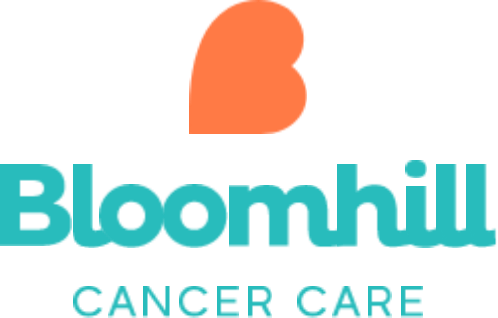Cancer Myths Debunked
Cancer-related myths can cause unnecessary worry and confusion. Here’s a breakdown of common misconceptions and the facts to clear up any confusion:

1. Antiperspirants or Deodorants Cause Breast Cancer
**Myth:** Using antiperspirants or deodorants, especially those containing aluminum or parabens, can lead to breast cancer.
**Fact:** There is no conclusive evidence linking the use of antiperspirants or deodorants to breast cancer. Claims that these products contain harmful substances that get absorbed through the skin and contribute to cancer are not supported by current research. Australia has strict regulations on product safety, and many deodorants are available without aluminum. If you have concerns, consider products like Dermal Crystal Deodorant. For more information or samples, consult your nursing team.
2. Wearing Bras Causes Breast Cancer
**Myth:** Wearing bras, especially underwired bras, increases the risk of breast cancer by restricting lymph fluid flow.
**Fact:** There is no evidence to support that bras, underwired or not, increase the risk of breast cancer. Lymph fluid moves into the underarm lymph nodes, not towards the underwire. This claim is unfounded and does not affect your cancer risk.
3. Sugar Feeds Cancer Cells
**Myth:** Consuming sugar will make cancer cells grow faster or cause cancer.
**Fact:** While cancer cells do consume more glucose than normal cells, eating sugar does not specifically fuel cancer growth. All cells need glucose for energy, not just cancer cells. The Cancer Council recommends a balanced diet with limited added sugars, as part of maintaining a healthy weight, which helps reduce cancer risk. For personalized advice, consult with one of our dietitians at Bloomhill.
4. Plastic Containers or Bottles Cause Cancer
**Myth:** Using plastic containers or bottles can cause cancer due to harmful chemicals like BPA.
**Fact:** There is no strong evidence to suggest that using plastic containers or bottles increases cancer risk. Chemicals like BPA have been studied, and while some studies suggest potential risks, they often involve higher exposure levels than what is typical for everyday use. Regulatory agencies ensure that plastics used in food and drink are safe. Reducing plastic use has environmental benefits, but it does not significantly impact cancer risk.
5. Mobile Phones Cause Cancer
**Myth:** Mobile phones and their radiation cause brain tumors.
**Fact:** The radiation from mobile phones is very weak and does not have enough energy to damage DNA, making it unlikely to cause cancer. For those concerned about radiation, limiting mobile phone use, using hands-free devices, or opting for phones without antennas in the handset can be precautionary measures.
6. Stress Causes Cancer
**Myth:** Stress directly increases cancer risk.
**Fact:** Stress itself does not directly cause cancer, but it can affect overall health, potentially leading to behaviors that might increase cancer risk, such as poor diet, smoking, or increased alcohol consumption. Managing stress is important for overall well-being. For tips on stress reduction, speak with our nursing team.
7. Food Preservatives Cause Cancer
**Myth:** Food preservatives and additives increase cancer risk.
**Fact:** There is no evidence that food preservatives or additives cause cancer. Food additives are regulated by Food Standards Australia and New Zealand, and are extensively tested to ensure they are safe. The food products available in Australia are not linked to increased cancer risk.
If you’re worried about myths or misleading information you’ve encountered, please reach out to your Bloomhill nurse, local treating centre, or oncologist for accurate information and support. For further information, you can also visit:
– www.cancer.org.au
– www.cancerresearchuk.org
Please contact our Nurses on 07 5445 5794 or [email protected] if you have any questions.
All information provided by Bloomhill is mainly based on research from the Qld Cancer Council and best practice guidelines. Our model of care utilizes the Clinical Oncology Society of Australia (COSA) domains of wellness along with available clinical evidence. Always consult your care team regarding matters that affect your health. This is a guide intended for information only.



